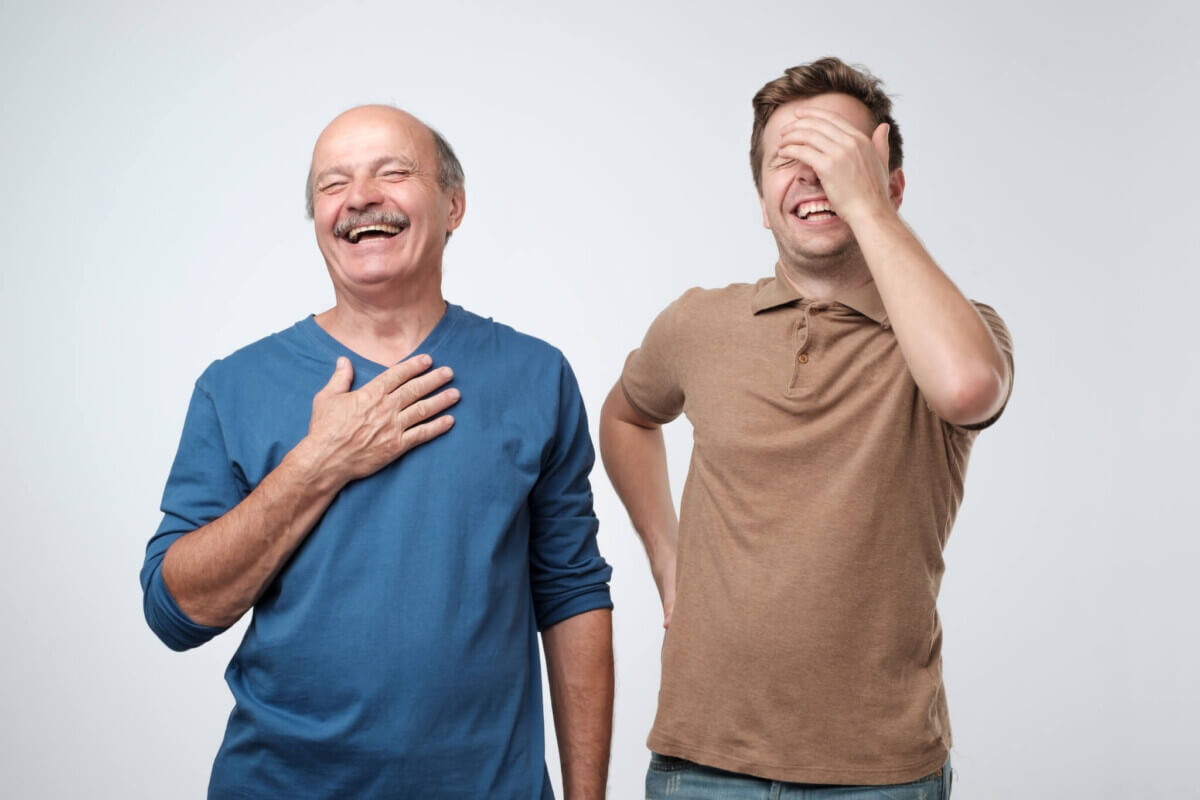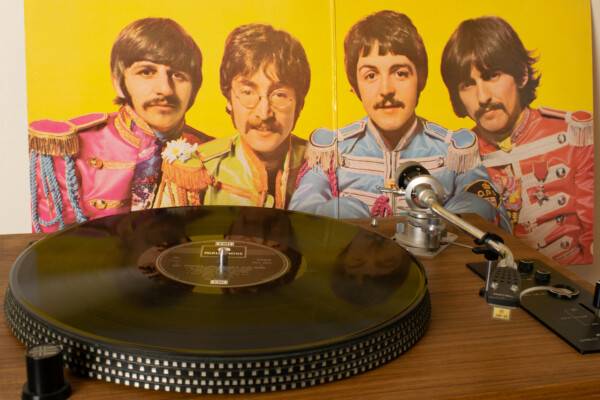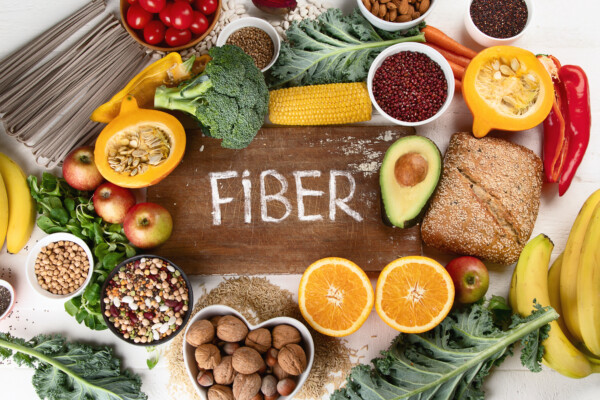
(© koldunova_anna - stock.adobe.com)
Article written by Ian Brodie, Cape Breton University and Moira Marsh, Indiana University
“Dad, I’m hungry.”
“Hi, hungry. I’m Dad.”
If you haven’t been asleep for the past 20 years, you’ll probably recognize this exchange as a dad joke.
The term dad joke is credited to a June 20, 1987, editorial in the Gettysburg Times. Writer Jim Kalbaugh praised fathers’ telling of groan-inducing jokes to their children – or, importantly, to others in front of their children.
The practice, Kalbaugh wrote, was “one of the great traditions of fatherhood worth preserving.”
The term stayed remarkably dormant until the internet age: The first entry in Urban Dictionary was in 2004 by a contributor named Bunny; it debuted on Twitter in 2007; joke compilation books were published under the theme starting in 2013 in the U.K. and 2016 in the U.S.; and the Oxford English Dictionary added it to its entry for “dad” in 2014.
The popularity of the term speaks to its resonance. But why do so many dads embrace this form of corny joke-telling?
A (beer) league of its own
To better understand dad jokes, let’s start with what they aren’t.
As folklorists who study humor, we’re used to analyzing what are called joke cycles: jokes that spread that share the same structure or topic.
Elephant jokes and light bulb jokes are examples of joke cycles. (How many psychiatrists does it take to change a light bulb? Only one, but the light bulb has to want to change.)
But dad jokes don’t have a uniform structure. Nor do they center on a specific topic, such as parenting.
Furthermore, dad jokes are not transgressive; they are not sexist, racist, scatological, profane, or political. They punch neither up nor down. For these reasons, they don’t involve any sort of risk of offending people; the dad joke is almost the opposite of stand-up comedy.
In addition to being “safe,” dad jokes are generally bad, lame, groan-inducing, and so forth. But so are plenty of other jokes – all you have to do is turn on the TV and watch a sitcom to find them.
‘Daaaaaaad!’
So, what makes a dad joke a dad joke?
It might be best to think of the dad joke not as a kind of joke but as a kind of performance, one that involves a teller – the dad – and an audience: his kids, friends of his kids, his spouse.
Say a family is out to dinner. Over breadsticks, a daughter might say, “Dad, you need a haircut.” Then Dad responds with an unexpected punchline: “I usually get them all cut.”
Abruptly, Dad has shifted the mood from casual conversation to joke. Because it’s a harmless quip, no one can recoil in indignation.
The only rule broken is the taboo against telling a bad joke. The child feels vicarious embarrassment for dad’s display of lameness. For his part, the dad knows perfectly well that it was a poor joke – but he doesn’t care.
Soft power plays
There’s a reason they’re called dad jokes and not father jokes.
“Father” retains the seriousness and stature of a patriarch and all of the power imbalances that accompany it: physical dominance, discipline, and dependence. In contrast, “dad” implies affection and care. He’s still a male authority figure, but without the toxicity that patriarchy can often imply.
We see the dad joke, then, as an occasion for the dad to assert his fatherly privilege over his family and anyone else within earshot.
It’s a win-win situation for the dad. If the joke gets a laugh, well, good.
But if the joke doesn’t get a laugh … that’s good, too: Dad has intentionally invited this possibility, which is technically known as “unlaughter” and refers to jokes that create embarrassing and socially awkward situations. In this case, the way he flusters his children is his reward.
He’s commanding the room, as a patriarch would, but doing so in the gentlest, most playful way possible.
Telling corny jokes, of course, is not limited to fathers: Most of us are guilty of going for the joke we know will be met with an eye roll and a head shake.
Dad jokes are comfortable jokes for comfortable situations among friends and family. They might elicit a disapproving glare, but they ultimately bring people closer together.
They represent a dad at his most annoying but also at his best: warm, silly, and loving.
Ian Brodie is a professor of Folklore at Cape Breton University, and Moira Marsh is a librarian for Anthropology, Folklore, and Sociology at Indiana University.
This article is republished from The Conversation under a Creative Commons license. Read the original article.










